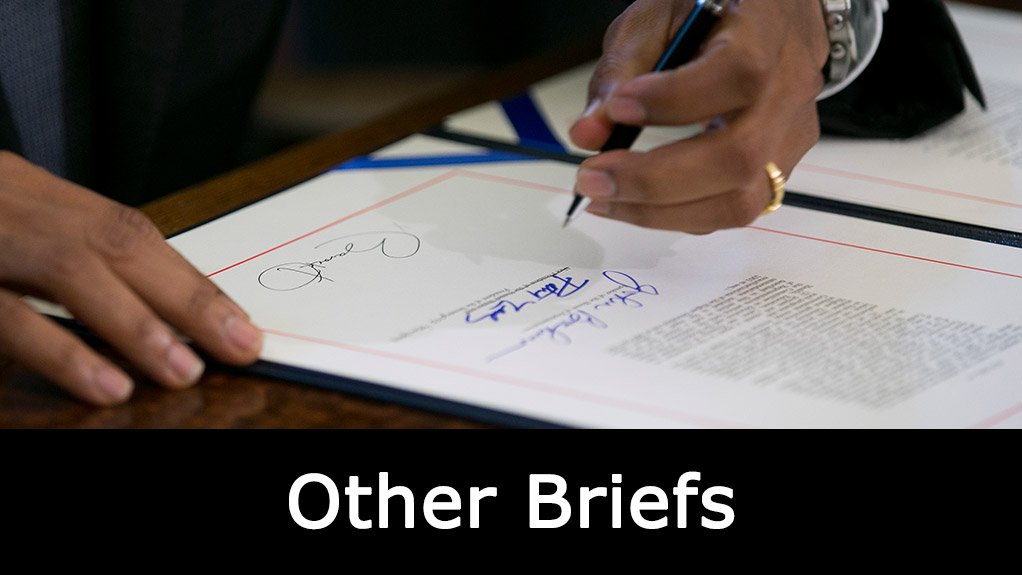Prompt disciplinary action is a fundamental requirement of a fair procedure. Where an employer fails to explain why disciplinary action was unduly delayed, the dismissal will be found to be procedurally unfair.
Broadcasting, Electronic, Media and Allied Workers Union obo De Klerk / South African Broadcasting Corporation SOC Ltd [2023] 4 BALR 345 (CCMA).
Case summary
The employer, the SABC, charged the employee with improperly dealing with a business owned by his wife without declaring his interest in 2015. The employee permitted his wife’s business to trade with the employer whilst both he and his wife were employed by the SABC. Instead of applying a disciplinary sanction, the employer elected that the employee must rather sign an undertaking in which he was to declare his interest, and familiarise himself with the employer’s conflict of interest policy. The employee accepted this arrangement.
When similar allegations against the employee resurfaced at a later stage, an investigation was conducted, revealing that the employee committed acts of misconduct. In the Arbitration Award, it was stated that such serious misconduct amounted to a dismissible offence. It was found that the employee, inter alia, failed to act in the best interest of the employer.
Accordingly, the employee’s dismissal was the appropriate sanction and was in all respects substantively fair. The commissioner, however, found that the employer had erred in procedural aspects.
The employee contended that the employer delayed and failed to institute disciplinary action against him within a reasonable time. The employer had, therefore, abandoned its right to take disciplinary action against the employee.
The commissioner reiterated the established legal position that a disciplinary enquiry must be held within a reasonable time from the date on which the alleged misconduct took place, or from the date on which the employer first became aware of such misconduct. The commissioner stated that “the scheme of the LRA shows that “speed” is significant when it comes to labour matters”. The court held in NEHAWU obo Leduka v National Research Foundation that there exists a particular requirement of expedition when it comes to the prosecution of employment law disputes.
It was held that if an employer’s decision or reaction to discipline an employee is delayed without a reasonable and acceptable explanation, the dismissal will be procedurally unfair due to an employer’s waiver of the right to discipline an employee.
Although the dismissal was substantively fair, the SABC procedurally neglected the matter and, therefore, the SABC was ordered to pay the employee compensation of five months’ salary plus the costs incurred by the employer as a result of the postponement.
Written by Labour Guide
EMAIL THIS ARTICLE SAVE THIS ARTICLE ARTICLE ENQUIRY
To subscribe email subscriptions@creamermedia.co.za or click here
To advertise email advertising@creamermedia.co.za or click here











